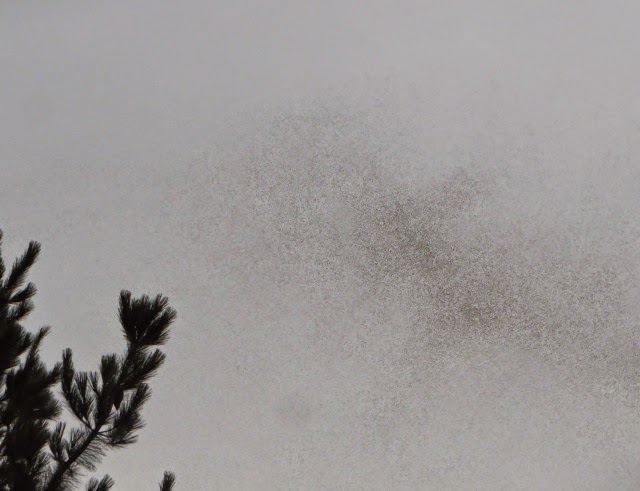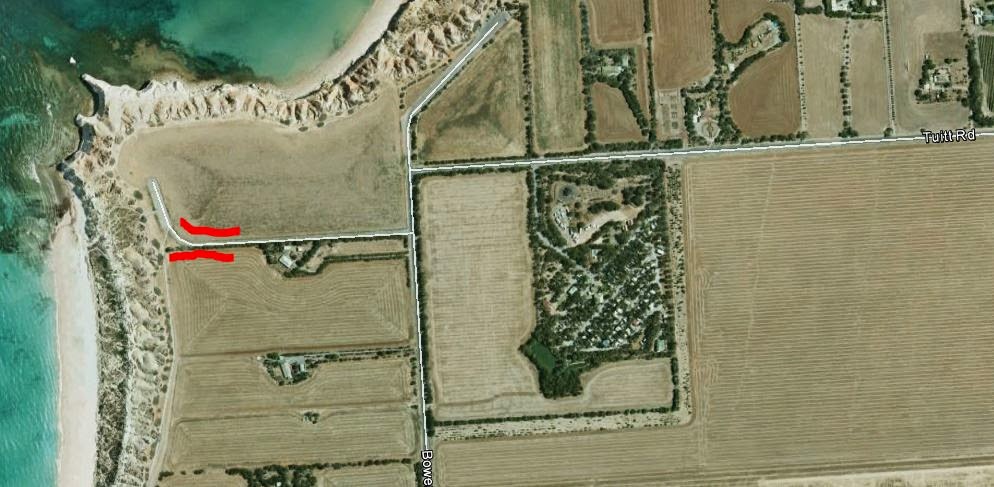ANPS goes North (in terms of Monga NP): Other stuff
Even though they belong on this page I won't feature leeches again.
Instead I will start with some ferns. If anyone knows the names of the unlabelled horde below please let me know!
This is I am pretty sure Pteridium esculentum (aka Bracken).
Blechnum sp.
Cyathea australis
Now for a foray into invertebrates (other than leeches). Roger described this as a Skipper.
A case of a Case Moth.
An ant on Lomatia. I liked the coating of pollen on its scone as I have heard much of ants as a seed distribution agent but not so much of them as a pollination vctor.
Another ant, with less pollen but a more serious set of mandibles!
A bee!
A magnificent Ghost Moth.
A close up of its head: the blacj mark around the nexk is just a joint in the exoskeleton.
This is invcluded to give an idea of the size of the beastie.
Now geology gets a run. Warwick W described this as "Silurian sandstone with quartz intrusion".
The nearest I got to a bird photograph was these Eastern Rosella feathers on an aster!
Instead I will start with some ferns. If anyone knows the names of the unlabelled horde below please let me know!
This is I am pretty sure Pteridium esculentum (aka Bracken).
Blechnum sp.
Cyathea australis
Now for a foray into invertebrates (other than leeches). Roger described this as a Skipper.
A case of a Case Moth.
An ant on Lomatia. I liked the coating of pollen on its scone as I have heard much of ants as a seed distribution agent but not so much of them as a pollination vctor.
Another ant, with less pollen but a more serious set of mandibles!
A bee!
A magnificent Ghost Moth.
A close up of its head: the blacj mark around the nexk is just a joint in the exoskeleton.
This is invcluded to give an idea of the size of the beastie.
Now geology gets a run. Warwick W described this as "Silurian sandstone with quartz intrusion".
The nearest I got to a bird photograph was these Eastern Rosella feathers on an aster!



















Comments